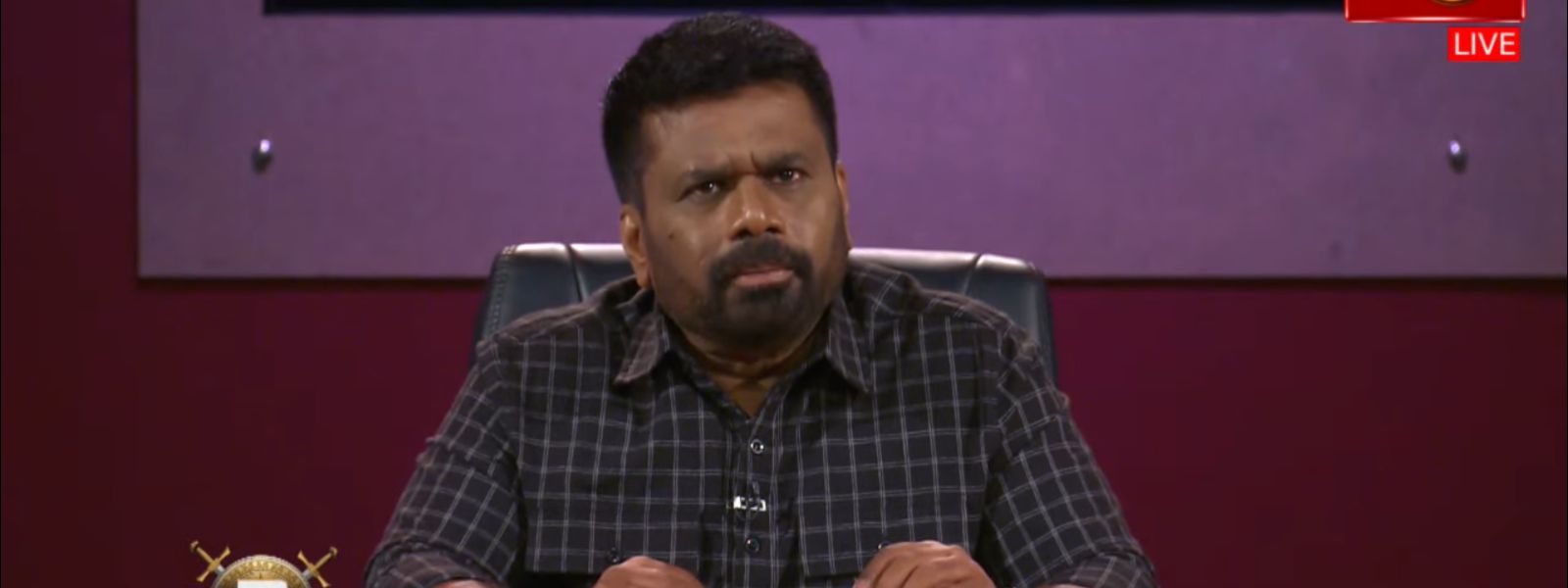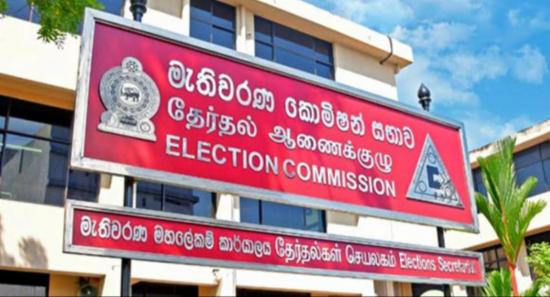.webp)

June Electricity Tariff Hike? President Explains Why
COLOMBO (News 1st); Sri Lanka President Anura Kumara Dissanayake has revealed that a June electricity tariff revision will see a hike.
Speaking during the SATANA televised political discussion President Dissanayake stressed the need for cost-reflective electricity pricing, aligning with recommendations from the International Monetary Fund (IMF). “The Treasury cannot continue to subsidize the CEB indefinitely. Electricity must be priced based on actual production costs,” he said.
He clarified that while the government can provide targeted relief to vulnerable communities—such as the fishing sector—through the Treasury, state-owned enterprises like the Ceylon Petroleum Corporation (CPC) must operate on commercial principles. “The CPC adjusts fuel prices monthly based on actual data. Similarly, the CEB must evolve into a financially viable entity,” he added.
The President addressed speculation surrounding upcoming electricity tariff changes, confirming that the next revision will take place on June 1st.
“This is not an election gimmick. It’s a scheduled adjustment based on projections and regulatory oversight,” he said, referring to the role of the Public Utilities Commission of Sri Lanka (PUCSL).
He also revealed that the CEB is burdened with Rs. 220 billion in legacy debt, which has now been restructured. “A portion of this debt will be factored into the tariff. While there may be a slight increase, it will still be lower than the rates in December 2024,” he assured.
President Dissanayake added a stark warning: “We have restructured the debt, and the portion of that was added to the tariff to recover from that debt. If not what will happen is the debt will accumulate, the CEB will collapse, the powerplants will collapse, and the country will be ruined.”
President Anura Kumara Dissanayake reaffirmed the government’s commitment to safeguarding Sri Lanka’s energy sovereignty, calling it a fundamental pillar of national security.
“If we do not have energy sovereignty, then national security has already collapsed,” the President declared. “That’s why we intervened to stop the privatization of the CEB.”
While acknowledging that the private sector is allowed to generate electricity, he emphasized that distribution remains exclusively under the control of the CEB. “No matter who generates electricity, it must be sold to the CEB. This ensures that the energy sector remains in state hands,” he said.
Other Articles
Featured News





.png )




-789945_550x300.jpg)
-789939_550x300.jpg)


-789879_550x300.jpg)
-789357_550x300.jpg)
-788581_550x300.jpg)










.webp)






